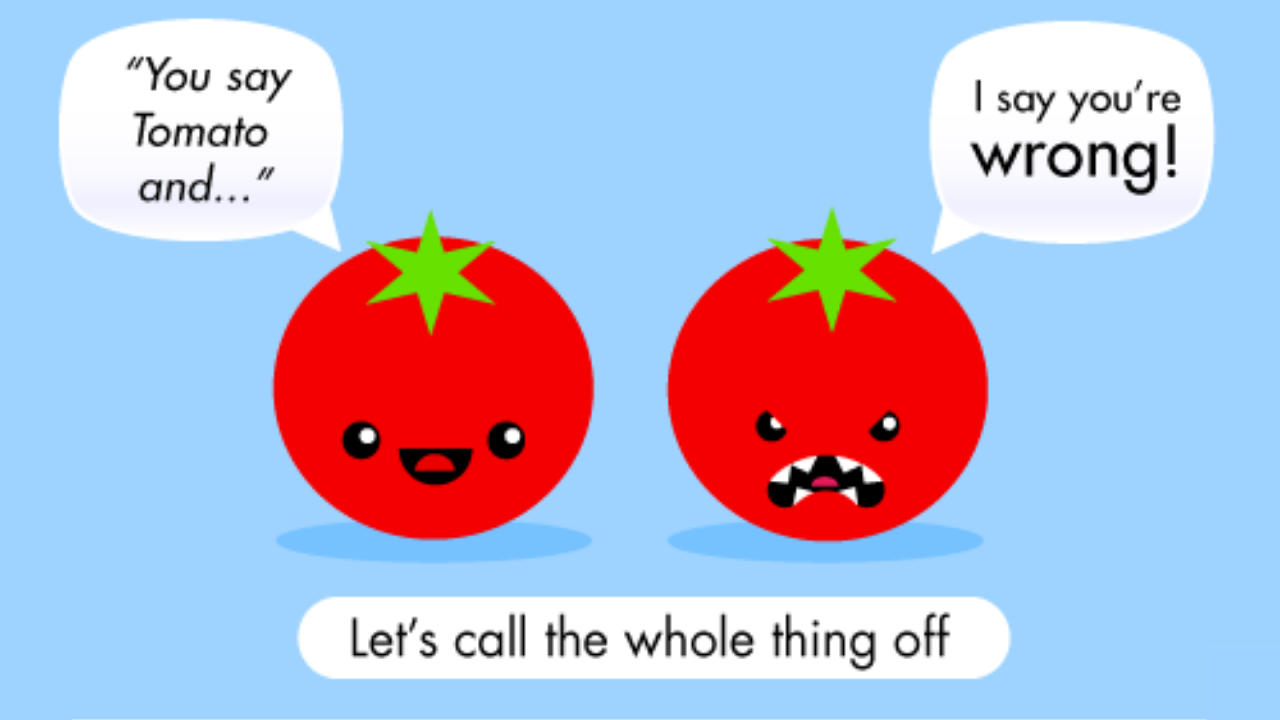But What Does A Dialect Coach DO?!
Sep 22, 2020
Good question! Actors are often tasked with taking on a dialect or accent in performance, and a well-trained dialect can aid in bringing a character to life.
But you may not have known that behind many great dialect performances, there is often a dialect coach waiting in the wings. So today, I attempt to answer a question that has haunted me for years ... but what does a dialect coach do?! Read on to find out ...
1. Research!
The moment a script lands in my hands, I go into full anthropologist mode and begin to research anything and everything given to me in the script. Questions need to be answered, such as: Where is the script set? What is the time period? Are the characters male or female? Where do they come from? What class or race is being represented? How educated are these characters? All of these questions must be answered before an appropriate dialect can be chosen for a particular character. From this point I search for audio recordings or sample sources, which can be used as a reference point for the sound of a dialect.
These might be as varied as an old radio show from 1930s New York City, or a recording of a modern Lithuanian grandmother living in London for the past 40 years -- whatever can help me in finding the most authentic sound for the characters. And if there is a tricky last name or some words that are foreign or unclear? Those need to be researched as well! Sources include radio, news broadcasts, interviews, pronunciation dictionaries, linguistic breakdowns, and more. One project found me calling Russian bakeries asking about how to pronounce the name of a particular baked-good. Oh, the things we do for our jobs ...
2. Make Choices.
Research can be overwhelming, and there comes a point where I have to make choices about the dialect that should be used to compliment the performance. Once I do my research, I am usually pointed in a direction towards how the a dialect should sound. At this point, choices need to be made about the sound of individual characters based on what the research has uncovered. From there I begin to write up an entire breakdown of the dialect. This breakdown covers each sound present in the dialect, along with a description of how the mouth is positioned and even notes on the rhythm and intonation of the dialect! I then proceed to guard these notes with my life -- it is perhaps the most important document after the script. (...to a dialect coach).
3. Coach!
I am imagining many of you have visions of The King's Speech rolling around your head at this point, but I can assure you that the coaching part is not usually as Hollywood-story-plot-worthy as the film! Instead, the actors and I go over the various sound changes from their own dialect into the new dialect. We also drill the rhythm and intonation of the dialect and the "oral posture", or the way the vocal tract positions itself while speaking in the dialect. Eventually we work to apply the changes to the script, striving towards the dialect becoming performance-ready.
4. Listen.
Although my official title is that of "dialect coach", I believe that the job is often 40% coaching and 60% listening. Once I've done the coaching bits, it is important for me to step back and listen to the actors in order to catch anything that might be improved before the next camera take. In this sense, the dialect coach's true skill is not only the coaching, but also the intense listening that accompanies the work.
5. Coach some more...
And so begins the circular process of coaching and listening and then coaching some more. Through tedious practice and copious amount of coaching and listening, the dialect can slowly start to become second nature to the actor, eventually becoming so ingrained that it blends in with the rest of the performance through muscle memory. Every excellent dialect performance, whether on screen or in live theatre, will have had quite a bit of hard work put in behind the scenes. However, the goal is to make the dialect authentic to the point that it blends with the character, leaving the audience with the impression that the actor just speaks that way. In fact, I know that I've done my job well when the audience doesn't realize that I was even there :)
For more information about dialect coaching, check out ...
Hints to Mastering Any Accent 4 "Fs" of Accent Work: Find, Figure, Focus, and Freedom


